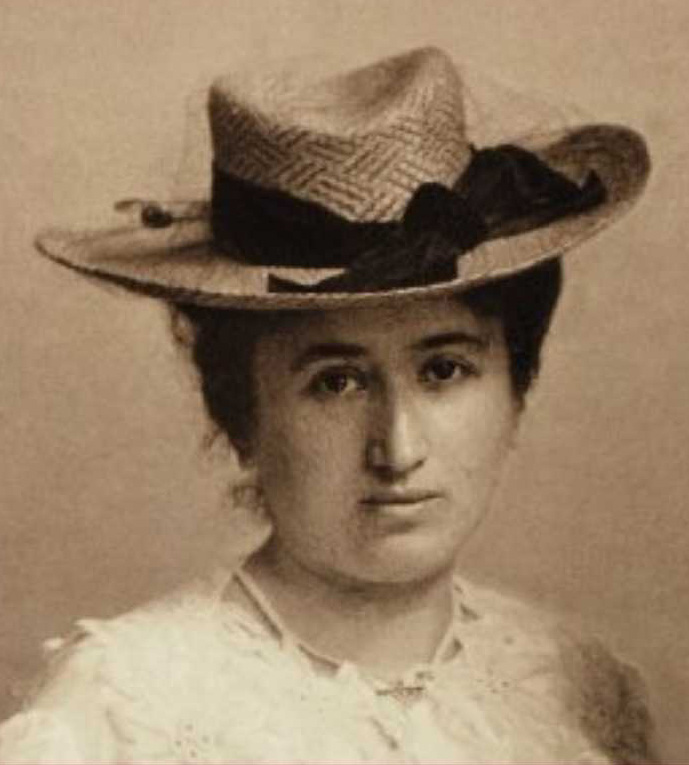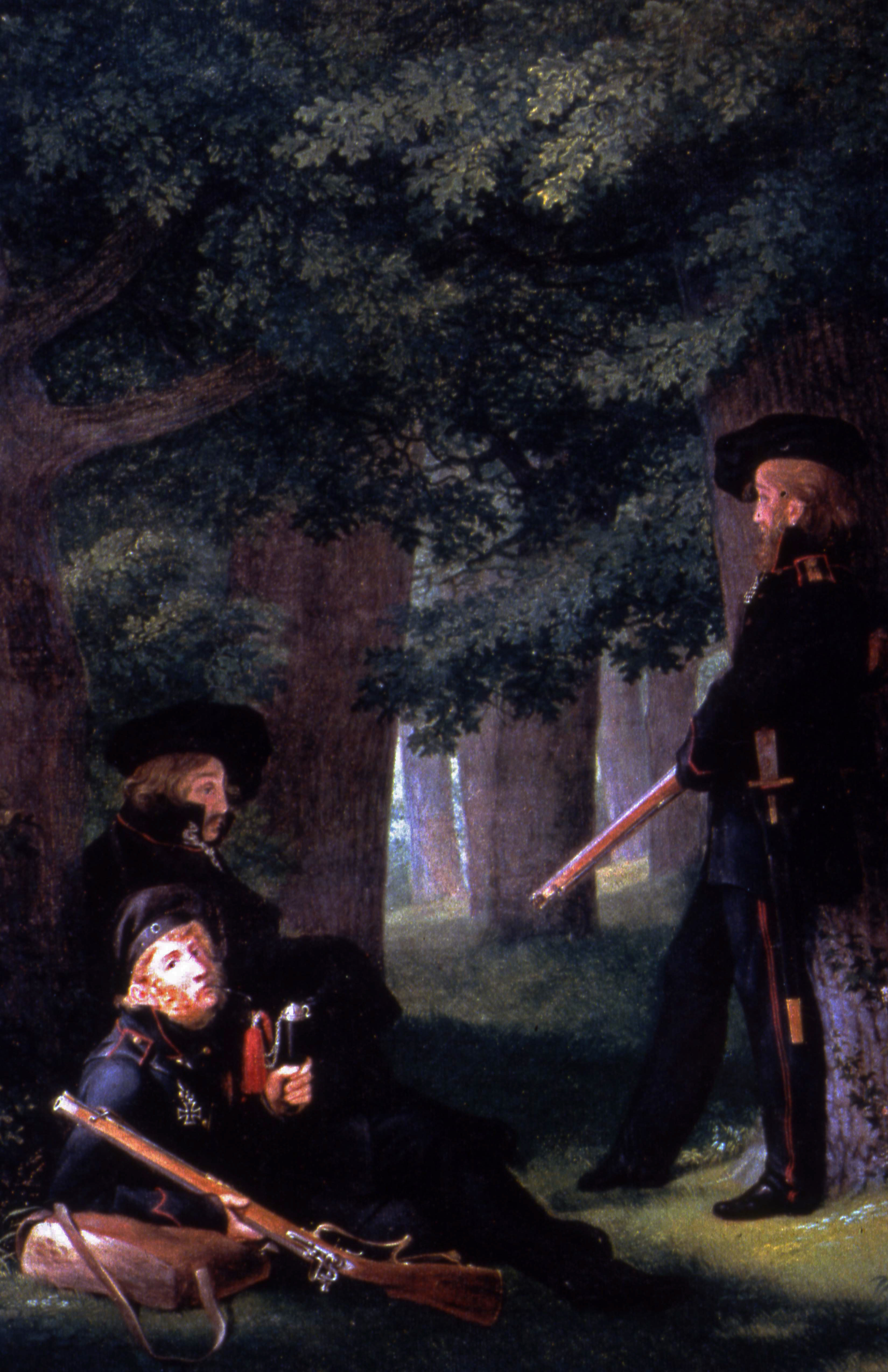|
Fascist People's Party Of Sweden
Fascist People's Party of Sweden (in Swedish: ''Sveriges Fascistiska Folkparti'') was a fascist and later Nazi political party in Sweden. History It was founded on 3 September 1926 by a circle around the fascist publication ''Nationen''. Its cadre was made up of members of the earlier ''Sveriges Fascistiska Kamporganisation'' ("Sweden's Fascist Combat Organisation", SFKO, initially called "Sveriges Fosterländska Kamporganisation", i.e "Sweden's pro-national combat organisation", in the start). (in Swedish) Retrieved 17 September 2019. Ideologically, the party was initially strongly influenced by and |
Konrad Hallgren
Konrad Otto Kristian Hallgren (9 April 1891 – 8 August 1962) was a Swedish party chairman in Sweden's first fascist organization, Sveriges Fascistiska Kamporganisation (SFKO, "Sweden's Fascist Combat-Organization"). Hallgren was born in Landskrona. He served in the German army during World War I. He claimed to have been in the White Russian army of General Pyotr Wrangel during the Russian Civil War, but his war record has been contested. At first the SFKO was a fascist organization but more and more turned ideologically to Nazism and changed its name into Fascist People's Party of Sweden and then Sveriges Nationalsocialistiska Folkparti (SNFP, "Sweden's National Socialist People's Party"). Other members of SFKO/SNFP was the Swedish army officer Sven Hedengren and the infamous Swedish national socialist-leader and army corporal Sven-Olov Lindholm (who would later lead his own national socialist party which would become the biggest of the national socialist groups in Sweden du ... [...More Info...] [...Related Items...] OR: [Wikipedia] [Google] [Baidu] |
Munckska Kåren
''Munckska kåren'' (literally "the Munck corps", formally ''Stockholms luftförsvars frivilliga beredskapsförening'') was a Swedish secret paramilitary group founded by the retired lieutenant general Bror Munck in 1927. While nominally apolitical, it was founded to protect the Swedish state against "domestic enemies", implying not fascists or Nazis, but solely left-wing radicals. At its height it had about 2,000 members. In the late 1920s, leaders of the police were affected by the Red Scare and thought they were inadequately prepared for a Bolshevik coup d'état similar to the 1917 Russian Revolution. Anti-communist rhetoric was harsh, especially during the so-called "Cossack Election" of 1928. The plan was for its 2,000 members to have 50 rounds of ammunition each. Stockholm police chief Gustaf Hårleman managed to attain proper licenses for about 1,300 guns, while about 500 to 600 guns were smuggled in illegally from Germany. The corps was unveiled in 1931, sparking a lively ... [...More Info...] [...Related Items...] OR: [Wikipedia] [Google] [Baidu] |
Defunct Political Parties In Sweden
{{Disambiguation ...
Defunct may refer to: * ''Defunct'' (video game), 2014 * Zombie process or defunct process, in Unix-like operating systems See also * * :Former entities * End-of-life product * Obsolescence Obsolescence is the process of becoming antiquated, out of date, old-fashioned, no longer in general use, or no longer useful, or the condition of being in such a state. When used in a biological sense, it means imperfect or rudimentary when comp ... [...More Info...] [...Related Items...] OR: [Wikipedia] [Google] [Baidu] |
Political Parties Established In 1926
Politics () is the set of activities that are associated with making decisions in groups, or other forms of power relations among individuals, such as the distribution of status or resources. The branch of social science that studies politics and government is referred to as political science. Politics may be used positively in the context of a "political solution" which is compromising and non-violent, or descriptively as "the art or science of government", but the word often also carries a negative connotation.. The concept has been defined in various ways, and different approaches have fundamentally differing views on whether it should be used extensively or in a limited way, empirically or normatively, and on whether conflict or co-operation is more essential to it. A variety of methods are deployed in politics, which include promoting one's own political views among people, negotiation with other political subjects, making laws, and exercising internal and external forc ... [...More Info...] [...Related Items...] OR: [Wikipedia] [Google] [Baidu] |
Fascism In Sweden
Fascism ( ) is a far-right, authoritarian, and ultranationalist political ideology and movement. It is characterized by a dictatorial leader, centralized autocracy, militarism, forcible suppression of opposition, belief in a natural social hierarchy, subordination of individual interests for the perceived interest of the nation or Race (human categorization), race, and strong regimentation of society and the economy. Opposed to communism, democracy, liberalism, Pluralism (political philosophy), pluralism, and socialism, fascism is at the far right of the traditional left–right spectrum.; ; ; ; ; ; ; ; ; ; ; ; ; Fascism rose to prominence in early-20th-century Europe. The first fascist movements Italian fascism, emerged in Italy during World War I, before Fascism in Europe, spreading to other European countries, most notably Nazi Germany, Germany. Fascism also had adherents outside of Europe. Fascists saw World War I as a revolution that brought massive changes to the nature ... [...More Info...] [...Related Items...] OR: [Wikipedia] [Google] [Baidu] |
Anti-communist Organizations In Sweden
Anti-communism is political and ideological opposition to communist beliefs, groups, and individuals. Organized anti-communism developed after the 1917 October Revolution in Russia, and it reached global dimensions during the Cold War, when the United States and the Soviet Union engaged in an intense rivalry. Anti-communism has been an element of many movements and different political positions across the political spectrum, including anarchism, centrism, conservatism, fascism, liberalism, nationalism, social democracy, socialism, leftism, and libertarianism, as well as broad movements resisting communist governance. Anti-communism has also been expressed by several religious groups, and in art and literature. The first organization which was specifically dedicated to opposing communism was the Russian White movement, which fought in the Russian Civil War starting in 1918 against the recently established Bolshevik government. The White movement was militarily supported by sev ... [...More Info...] [...Related Items...] OR: [Wikipedia] [Google] [Baidu] |
Swedish National Socialist Peasants And Workers Party
The Swedish National Socialist Farmers' and Workers' Party () was the first Nazi organization in Sweden. Founding In 1923 Sigurd and Gunnar met with Adolf Hitler and Erich Ludendorff. The organization was founded by Birger Furugård and his two brothers Sigurd and Gunnar, at a meeting in Älvdalen a year later on 12 August 1924 as the Swedish National Socialist Freedom League (). The group started the publication ''Nationalsocialisten'', with Sigurd as its editor. The organization was renamed to its final name the following year. The party largely remained confined to Värmland. The publication of ''Nationalsocialisten'' was discontinued. In 1930 the party merged with the Fascist People's Party of Sweden of Sven Olov Lindholm, and formed the Swedish National Socialist Party The Swedish National Socialist Party (, abbreviated SNSP) was a Nazi political party in Sweden. Birger Furugård served as ''riksledare'' ('National Leader') of the party.Schön, Bosse. Svenskarna som ... [...More Info...] [...Related Items...] OR: [Wikipedia] [Google] [Baidu] |
New Swedish People's League
The New Swedish People's League () was a Nazi organization in Sweden. The organization was founded on 19 January 1930, as members of the National Socialist People's Party of Sweden in western Sweden rebelled against the party leader Konrad Hallgren. Stig Bille was the leader of the New Swedish People's League. On 15 March 1930 the organization began publish '' Vår Kamp'' ('Our Struggle') as its organ. On 1 October 1930 the organization merged into the New Swedish National League.Carlsson, Holger. ''Nazismen i Sverige: ett varningsord''. Stockholm: Trots allt!, 1942. pp. 24, 69, 204.Sweden. ''Betänkande med förslag angående åtgärder mot statsfientlig verksamhet''. Stockholm: Iduns tryckeri, 1935. p. 62. In Uppsala, Per Engdahl Per Claes Sven Edvard Engdahl (25 February 1909 – 4 May 1994) was a leading Swedish far-right politician. He was a leader of '' Sveriges Fascistiska Kamporganisation'' (SFKO or Sweden's Fascist Combat Organization), during the 1930s. He led a ... ... [...More Info...] [...Related Items...] OR: [Wikipedia] [Google] [Baidu] |
Nuremberg
Nuremberg (, ; ; in the local East Franconian dialect: ''Nämberch'' ) is the Franconia#Towns and cities, largest city in Franconia, the List of cities in Bavaria by population, second-largest city in the States of Germany, German state of Bavaria, and its 544,414 (2023) inhabitants make it the List of cities in Germany by population, 14th-largest city in Germany. Nuremberg sits on the Pegnitz (river), Pegnitz, which carries the name Regnitz from its confluence with the Rednitz in Fürth onwards (), and on the Rhine–Main–Danube Canal, that connects the North Sea to the Black Sea. Lying in the Bavarian Regierungsbezirk, administrative region of Middle Franconia, it is the largest city and unofficial capital of the entire cultural region of Franconia. The city is surrounded on three sides by the , a large forest, and in the north lies (''garlic land''), an extensive vegetable growing area and cultural landscape. The city forms a continuous conurbation with the neighbouring ... [...More Info...] [...Related Items...] OR: [Wikipedia] [Google] [Baidu] |
NSDAP
The Nazi Party, officially the National Socialist German Workers' Party ( or NSDAP), was a far-right political party in Germany active between 1920 and 1945 that created and supported the ideology of Nazism. Its precursor, the German Workers' Party (; DAP), existed from 1919 to 1920. The Nazi Party emerged from the extremist German nationalist (" ''Völkisch'' nationalist"), racist, and populist paramilitary culture, which fought against communist uprisings in post– World War I Germany. The party was created to draw workers away from communism and into nationalism. Initially, Nazi political strategy focused on anti-big business, anti-bourgeoisie, and anti-capitalism, disingenuously using socialist rhetoric to gain the support of the lower middle class; it was later downplayed to gain the support of business leaders. By the 1930s, the party's main focus shifted to antisemitic and anti-Marxist themes. The party had little popular support until the Great Depression, when ... [...More Info...] [...Related Items...] OR: [Wikipedia] [Google] [Baidu] |
Rosa Luxemburg
Rosa Luxemburg ( ; ; ; born Rozalia Luksenburg; 5 March 1871 – 15 January 1919) was a Polish and naturalised-German revolutionary and Marxist theorist. She was a key figure of the socialist movements in Poland and Germany in the early 20th century. Born to a Jewish family in Congress Poland, then part of the Russian Empire, Luxemburg became involved in radical politics at an early age via the Proletariat (party), Proletariat party, and fled to Switzerland in 1889. She helped found the Social Democracy of the Kingdom of Poland and Lithuania (SDKPiL) party in 1893, and in 1897 was awarded a Doctor of Law in political economy from the University of Zurich, becoming one of the first women in Europe to do so. In 1898, Luxemburg moved to Germany, and soon became a leading figure in the Social Democratic Party of Germany (SPD). Her political activities included teaching Marxist economics at the party's training school. Luxemburg was imprisoned several times, including in Germany ... [...More Info...] [...Related Items...] OR: [Wikipedia] [Google] [Baidu] |
Freikorps
(, "Free Corps" or "Volunteer Corps") were irregular German and other European paramilitary volunteer units that existed from the 18th to the early 20th centuries. They effectively fought as mercenaries or private military companies, regardless of their own nationality. In German-speaking countries, the first so-called ("free regiments", ''Freie Regimenter'') were formed in the 18th century from native volunteers, enemy renegades, and deserters. These sometimes exotically equipped units served as infantry and cavalry (or, more rarely, as artillery); sometimes in just company strength and sometimes in formations of up to several thousand strong. There were also various mixed formations or legions. The Prussian included infantry, jäger, dragoons and hussars. The French '' Volontaires de Saxe'' combined uhlans and dragoons. In the aftermath of World War I and during the German Revolution of 1918–19, , consisting partially of World War I veterans, were raised as para ... [...More Info...] [...Related Items...] OR: [Wikipedia] [Google] [Baidu] |




